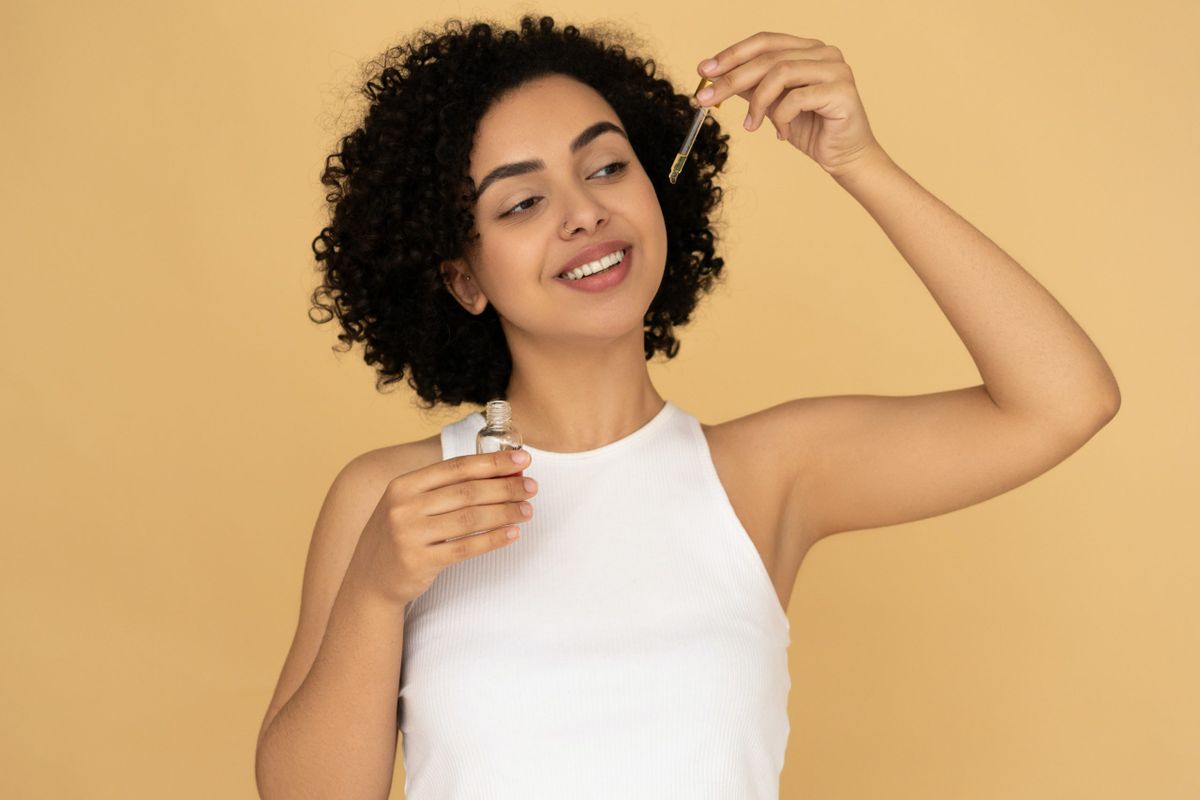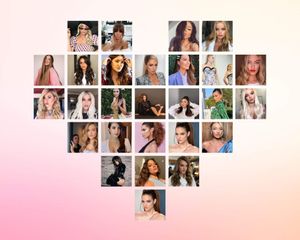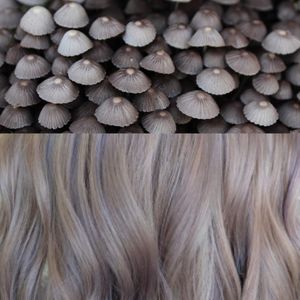Argan oil is a natural oil that comes from the Argan tree, which is native to Morocco. Argan oil can be eaten, used in skincare, used in haircare, and used on nails too, and is said to have benefits both if taken topically or orally.
It’s comprised of fatty acids and phenolic compounds such as oleic and linoleic acid (also known as omega-6). It’s also a great source of vitamin E – which is where the skincare benefits come into it.
Argan oil is thought to reduce skin damage due to anti-inflammatory and antioxidant capacities. This in turn can help with acne, breakouts and redness. It also promotes hydration for skin and hair as well as skin elasticity, which has anti-ageing benefits.
What can you use Argan oil for?
Argan oil has a range of different uses for hair and skin. Here are some of the ways that you can use this nourishing oil to benefit your face, body and hair:
- Hair treatment – Argan oil is great for adding into dehydrated or dry hair, to improve texture and hydration. You can either add a little bit to the ends as a serum or as a leave-in treatment.
- Daily moisturiser – there are lots of moisturisers around that contain Argan oil as an ingredient so you can use these as a daily moisturiser, or, you can use a small amount of pure Argan oil itself
- Body moisturiser – perfect for those pesky dry patches (elbows, knees and feet – we’re looking at you), This oil makes a great all-over body moisturiser. It also absorbs more quickly than some other types of oil so you won’t be left feeling too greasy or slippery all day. It can also help to improve the appearance – and prevent the occurrence – of stretch marks and discoloration.
- Treatment for skin and hands – Argan oil has amazing benefits for skin and nails due to the fatty acids and oil compounds contained within it. It’s great for busting dry cuticles or damaged nails.
- Make up remover – as with most oils, Argan oil is great for removing even the most stubborn of makeup (careful around the eyes!), particularly waterproof makeup which is broken down by the oils.
- Facial treatment – perfect as an overnight face oil, or a treatment for when your skin is feeling dried out, stressed or dehydrated, Argan oil can help your skin to feel plump and bouncy all over again.
- Oil cleanser – oil cleansing can actually be great for oily skin. Although it sounds counter-productive to add oil on top of oil, it can stop skin from drying out and producing more oil to compensate.
What skin types can use Argan oil?
Argan Oil is suitable for all skin types as it’s considered a mid-weight oil. It isn’t heavy on the skin, is easily absorbed and is non-comedogenic (which means it won’t clog your pores)
As we’ve mentioned, Argan oil can be great for oily skin to reduce dehydration and slow down oil production (tip: less is more when using an oil on oily skin). Argan oil has sebum-reducing properties that can help to unclog pores as well as reducing oiliness.
Dry, normal or combination skin can benefit from this oil thanks to its moisturizing qualities and the vitamin E that it contains. This helps to ensure that your skin can retain water and promote hydration, which equals plumper skin that is less dry.
Using the oil on your hair
You can use the oil as a treatment for your hair and scalp. The high amounts of vitamin E in the oil is believed to help you grow strong and healthy hair because of antioxidants that boost cells and encourage more hair growth.
The fatty acids in this oil can also help to moisturize your scalp, which can improve scalp health, reduce dandruff and pause itchy dryness in the area. It’s also great for battling frizz and fly-away hairs but also for nourishing split ends for stronger, healthier hair.
It’s really easy to use Argan oil on your hair. Just add 3-4 drops into your hands and run it through the mid lengths to the ends of your hair. You can use it whether your hair is wet or dry, it’s really up to you.
Who shouldn’t use Argan oil?
This oil is generally safe, but as with all skincare products you should test them out first and do a patch test around 24 hours before you plan to use the product fully. This way you can be sure that your skin isn’t going to react.
If you have a tree nut allergy, it’s probably best to avoid Argan oil as this could cause a skin reaction. The oil itself comes from a stone fruit, so isn’t actually a nut, but it may aggravate those with allergies. Sometimes it’s best to avoid the risk, particularly if your allergy is a serious one.
Also, be aware of using this oil if you have hair or lash extensions – the oil can react with the adhesive bonds of either and weaken them.
So, should you try Argan oil?
In short, if you’re thinking of incorporating an oil into your hair, skin or body routine then Argan oil is a great way to start. It’s suitable for a range of different uses and skin types, won’t block pores and has lots of hydration benefits.
The other great news is that it’s relatively inexpensive as beauty products go (particularly ones that you can use for lots of different things), though it is one of the most expensive oils that you can buy. As you can use it for such a variety of things, we still think that it represents good value for your skin and hair needs. Be wary of cheaper “Argan oils” that may only contain a small percentage of actual Argan oil mixed with much cheaper “filler” oils.
In our opinion, Argan oil is a really good all-round oil that’s versatile and easy to use. It’s well worth a try to boost your skin, hair and nails.





